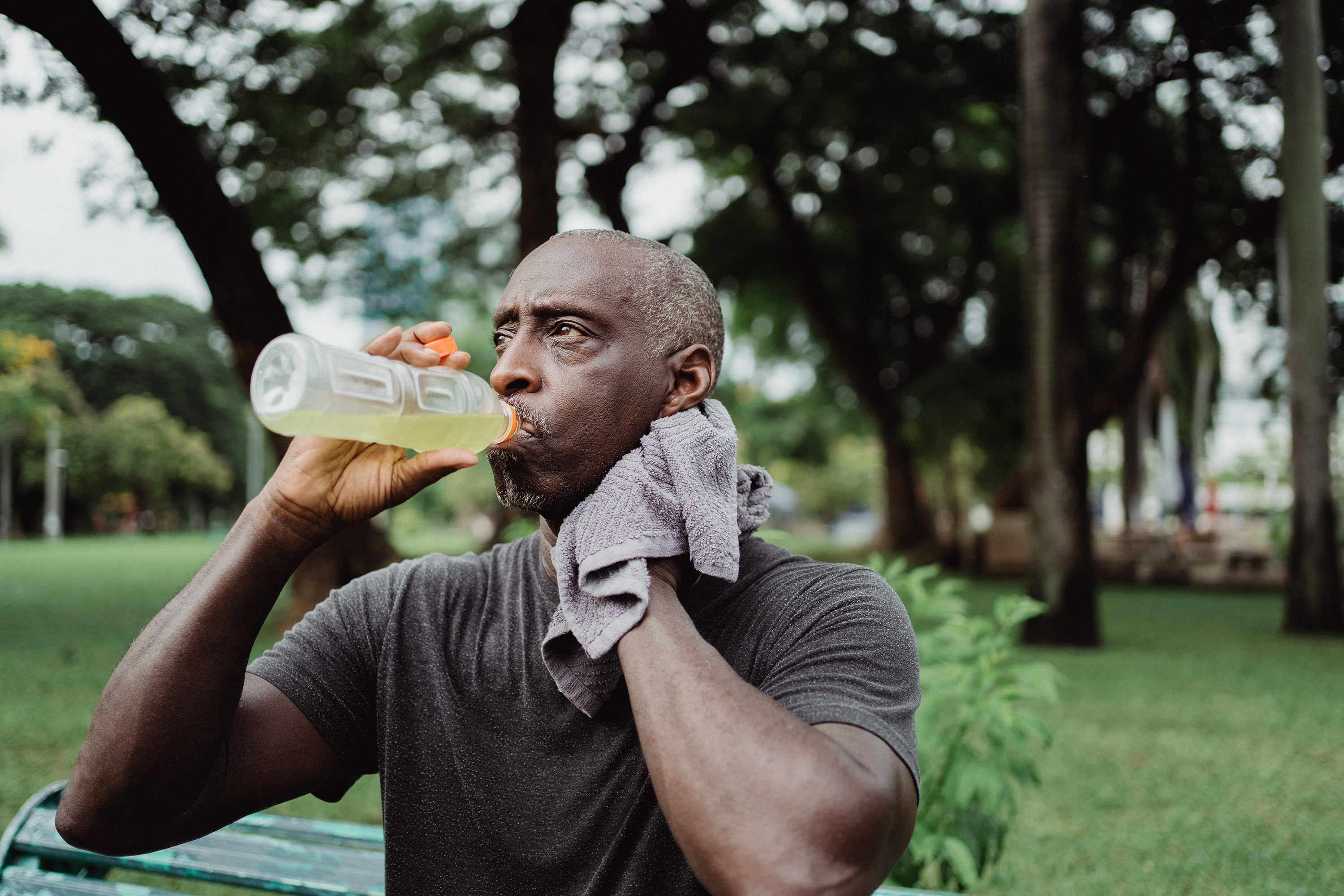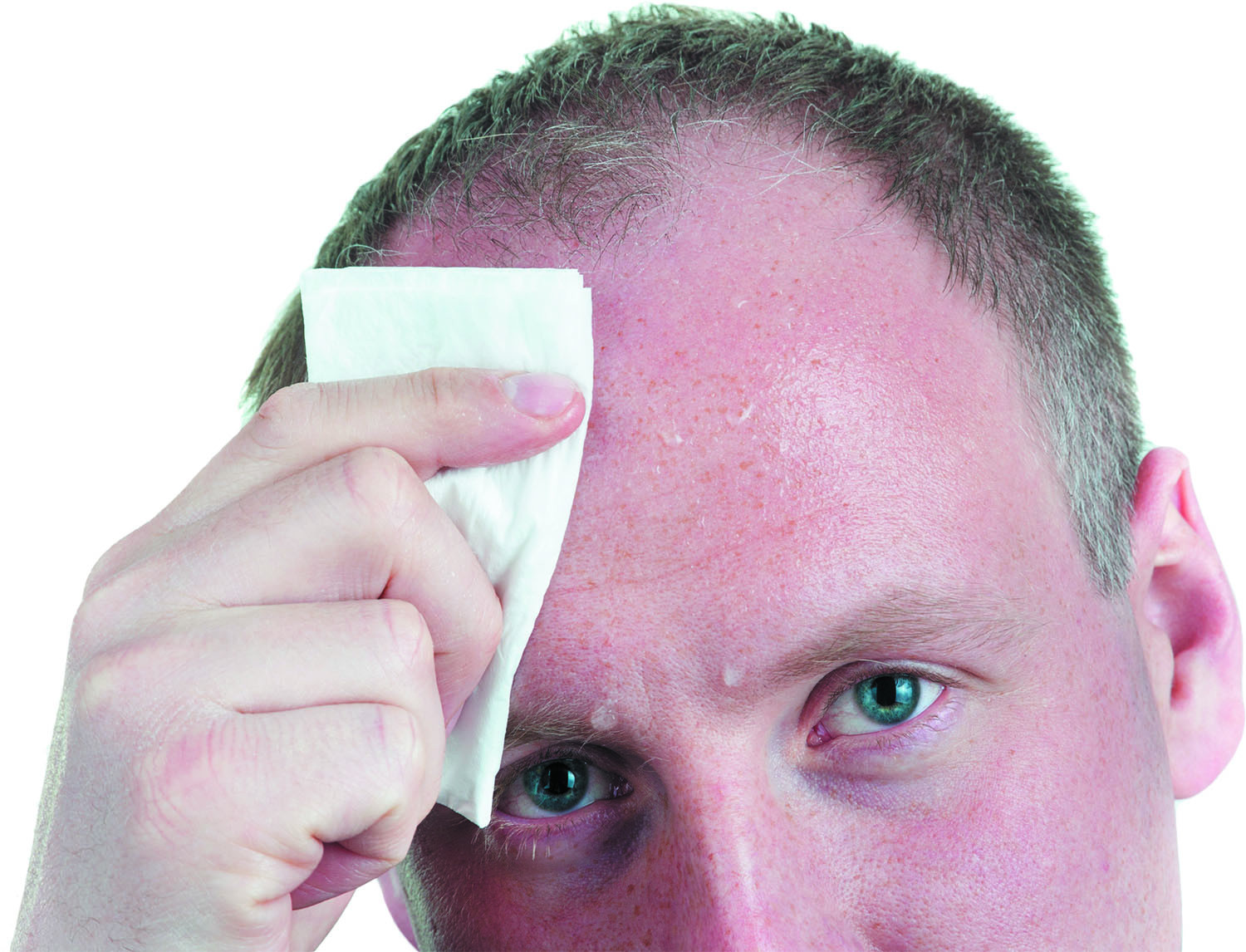Hot sweats day and night, a debilitating condition, can disrupt sleep, impair well-being, and signal underlying medical issues. Understanding its causes, impact, and available remedies is crucial for managing this condition effectively.
Excessive sweating can be triggered by hormonal imbalances, certain medications, or underlying medical conditions. It can lead to sleep disturbances, fatigue, and impaired cognitive function.
Symptoms and Causes
Hot sweats, also known as night sweats, are a common symptom characterized by excessive sweating during the night or day. These sweats can be mild or severe, causing discomfort and interrupting sleep. Understanding the symptoms and potential causes of hot sweats can help individuals seek appropriate medical attention and manage their condition effectively.
Symptoms
- Excessive sweating:Hot sweats can range from mild perspiration to drenching sweats that soak through clothing and bedding.
- Nighttime occurrence:Night sweats typically occur during sleep, often waking individuals up feeling damp or drenched.
- Daytime sweating:In some cases, hot sweats can also occur during the day, triggered by activities, emotions, or environmental factors.
- Other symptoms:Hot sweats may be accompanied by other symptoms, such as chills, fever, fatigue, or difficulty sleeping.
Causes
Hot sweats can be caused by various underlying medical conditions, including:
- Hormonal changes:Hormonal fluctuations during menopause, pregnancy, or thyroid issues can lead to hot sweats.
- Infections:Bacterial or viral infections, such as tuberculosis or HIV, can cause fever and excessive sweating.
- Medications:Certain medications, such as antidepressants, steroids, or hormone replacement therapy, can have side effects that include hot sweats.
- Underlying medical conditions:Medical conditions like cancer, diabetes, or heart disease can also cause hot sweats as a symptom.
- Idiopathic:In some cases, hot sweats may occur without an identifiable underlying cause, known as idiopathic hyperhidrosis.
Impact on Sleep
:max_bytes(150000):strip_icc()/Causes-and-treatment-of-cold-sweats-1298949-5b95e06946e0fb0025d8ebd5.png)
Hot sweats, also known as night sweats, can significantly disrupt sleep patterns, leading to fragmented and unrefreshing sleep. This can have a detrimental impact on overall health and well-being.
Sleep deprivation can impair cognitive function, including memory, attention, and decision-making. It can also weaken the immune system, increasing susceptibility to infections and diseases. Additionally, sleep loss can contribute to mood disorders such as anxiety and depression.
Consequences of Sleep Deprivation, Hot sweats day and night
- Reduced cognitive function
- Impaired memory
- Weakened immune system
- Increased risk of infections and diseases
- Mood disorders (anxiety, depression)
Home Remedies
:max_bytes(150000):strip_icc()/are-night-sweats-a-symptom-of-cancer-514441-01-4a6b98d179c5404e89cc28d09e8928de.png)
Managing hot sweats at home can be achieved through practical tips that address lifestyle modifications and stress reduction techniques. Implementing these remedies can provide relief and improve overall well-being.
Dietary changes play a crucial role in managing hot sweats. Avoiding spicy foods, caffeine, and alcohol can help reduce the frequency and intensity of episodes. Incorporating cooling foods like fruits, vegetables, and yogurt into the diet can provide a soothing effect.
Stress Reduction Techniques
Stress can trigger hot sweats, so finding effective stress management techniques is essential. Regular exercise, yoga, or meditation can help reduce stress levels and improve overall well-being. Additionally, practicing relaxation techniques such as deep breathing exercises or visualization can provide relief from hot sweats.
Other Home Remedies
- Wearing loose, breathable clothing made from natural fibers like cotton or linen can help regulate body temperature and reduce sweating.
- Taking a cool shower or bath before bedtime can help lower body temperature and promote relaxation.
- Using a fan or air conditioner to circulate air and cool down the room can provide relief from hot sweats.
Medical Treatments

Hot sweats, also known as hot flashes, can be a common and bothersome symptom of menopause. While there are a variety of home remedies and lifestyle changes that can help reduce hot sweats, in some cases, medical treatment may be necessary.
There are several different medical treatments available for hot sweats, each with its own pros and cons.
One common medical treatment for hot sweats is hormone replacement therapy (HRT). HRT involves taking estrogen or a combination of estrogen and progesterone to replace the hormones that are lost during menopause. HRT can be effective in reducing hot sweats, but it can also have side effects, such as increased risk of blood clots, stroke, and heart disease.
Therefore, it is important to discuss the risks and benefits of HRT with a doctor before starting treatment.
Antidepressants
Antidepressants are another option for treating hot sweats. Certain types of antidepressants, such as selective serotonin reuptake inhibitors (SSRIs) and serotonin-norepinephrine reuptake inhibitors (SNRIs), have been shown to be effective in reducing hot sweats. Antidepressants can also have side effects, such as nausea, dizziness, and sexual dysfunction.
However, these side effects are typically mild and go away after a few weeks of treatment.
Gabapentin
Gabapentin is a medication that is typically used to treat epilepsy and nerve pain. It has also been shown to be effective in reducing hot sweats. Gabapentin is generally well-tolerated, with side effects such as dizziness and drowsiness being the most common.
Clonidine
Clonidine is a medication that is typically used to treat high blood pressure. It has also been shown to be effective in reducing hot sweats. Clonidine can cause side effects such as dizziness, dry mouth, and constipation.
When to Seek Professional Help

Excessive sweating can be a sign of an underlying medical condition. It is important to seek professional help if you experience any of the following symptoms:
- Sweating that is excessive and interferes with daily activities.
- Sweating that is accompanied by other symptoms, such as fever, chills, or weight loss.
- Sweating that occurs at night or during sleep.
- Sweating that is not relieved by home remedies.
Importance of Timely Diagnosis and Treatment
Timely diagnosis and treatment of excessive sweating is important to prevent complications and improve quality of life. If left untreated, excessive sweating can lead to dehydration, electrolyte imbalances, and skin infections.
Additional Considerations
Beyond the hormonal fluctuations and medications mentioned earlier, other factors can contribute to hot sweats. These include:
Hormonal imbalances:Thyroid issues, such as hyperthyroidism, can lead to excessive sweating as a symptom. Additionally, menopause and perimenopause can cause hot flashes due to declining estrogen levels.
Medications:Certain medications, such as antidepressants, blood pressure medications, and hormone replacement therapy, can list hot sweats as a side effect.
Table Summary
The following table summarizes the symptoms, causes, and potential treatments for hot sweats:
| Symptom | Causes | Potential Treatments |
|---|---|---|
| Hot flashes | Hormonal changes, medications | Hormone replacement therapy, lifestyle modifications |
| Night sweats | Hormonal changes, underlying medical conditions | Medications, lifestyle modifications |
| Excessive sweating | Hormonal imbalances, medications, anxiety | Medications, lifestyle modifications, therapy |
Final Summary

Managing hot sweats day and night involves implementing lifestyle modifications, exploring home remedies, and considering medical treatments. Seeking professional help is essential for timely diagnosis and appropriate treatment.
FAQs: Hot Sweats Day And Night
What are the common causes of hot sweats day and night?
Common causes include hormonal changes, menopause, thyroid issues, certain medications, and underlying medical conditions.
How can hot sweats impact sleep?
Hot sweats can disrupt sleep patterns, leading to insomnia, fragmented sleep, and reduced sleep quality.
What are some home remedies for managing hot sweats?
Home remedies include wearing loose, breathable clothing, using cooling towels or ice packs, and implementing relaxation techniques.